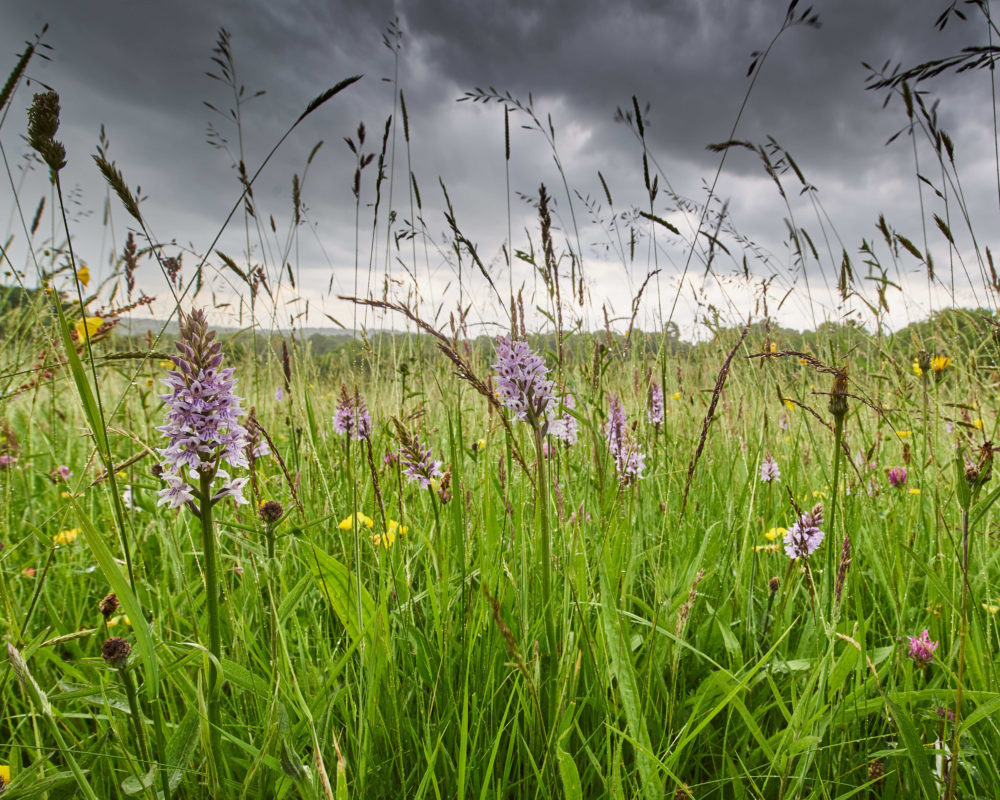What is the Environmental Land Management Scheme?
The Environmental Land Management Scheme (ELMS) is the new government subsidised scheme which will replace all farming subsidies that have preceded it. ELMS is due to be rolled out across the country in 2024, and will pave the way for new methods of farming across the country, which will focus more on how we produce our food and protect our environment, as opposed to previous schemes which have simply paid based on the area of lad that is farmed.
The department for environment, food and rural affairs (DEFRA) have outlined the tasks of the scheme in the interest of ‘public goods’, defined as:
- Clean air
- Clean and plentiful water
- Thriving plants and wildlife
- Protection from environmental hazards
- Beauty, heritage and engagement with the environment
- Reduction of and adaptation to climate change
Is it going to help the Climate Crisis?
We at Rushall Organics think there are many answers to these challenges that already exist that can be learned from farming organically. Organic farming methods have existed for centuries, and can be simply defined as ‘farming without chemicals’. In the context of protecting our environment, endangered species, flooding and climate change, organic farming methods provide a lot of solutions, and it all comes down to the soil. Allowing the soil to exist organically, and to not alter its chemical and mineral composition by over-applying agrochemicals allows soil to store a vast amount more organic matter, water and carbon than it would do otherwise. By doing this we also promote the existence and survival of micro bacteria and earthworms, which are fundamental to supporting a wide variety of plants and animals that are key in the fight against climate change.
In recent years there has been the emergence of ‘re-wilding’ and ‘regenerative’ farming, which are relatively new theories in ways to farm that also do less harm to the environment. However, all of these draw upon organic farming methods that have been well-practiced for millennia, as well as being audited properly and efficiently, the answers are really staring at us.
Many will argue that there if we were to grow all of our food organically, then there wouldn’t be enough to feed a growing global population. However, research conducted by the International Federation of Organic Agricultural Movements (IFOAM) has shown that there is currently enough calories being produced in the world to feed 10 billion people. The issues lie with how we use these calories. It has been well documented that we waste about 40% of the food we produce, but further to this is our diets. We consume vast amounts of unsustainably sourced meat, which requires large amounts of calories to produce. If we were to decrease our meat consumption and consume ‘better’ meat, like that produced by most UK farms, we would go a long way to solving the problem. If we were to focus on a locally sourced plant-based diet supplemented with high quality and high-welfare meat not only would we see our carbon footprint decrease, but our health would also improve putting a lot less strain on the NHS, via diseases with connections to high meat consumption such as obesity, diabetes and heart disease.
It is our belief that we need not keep searching for this golden egg which will solve world hunger. It is simply a case of adjusting our consumption culture to protect our environment, our planet and ultimately ourselves.
